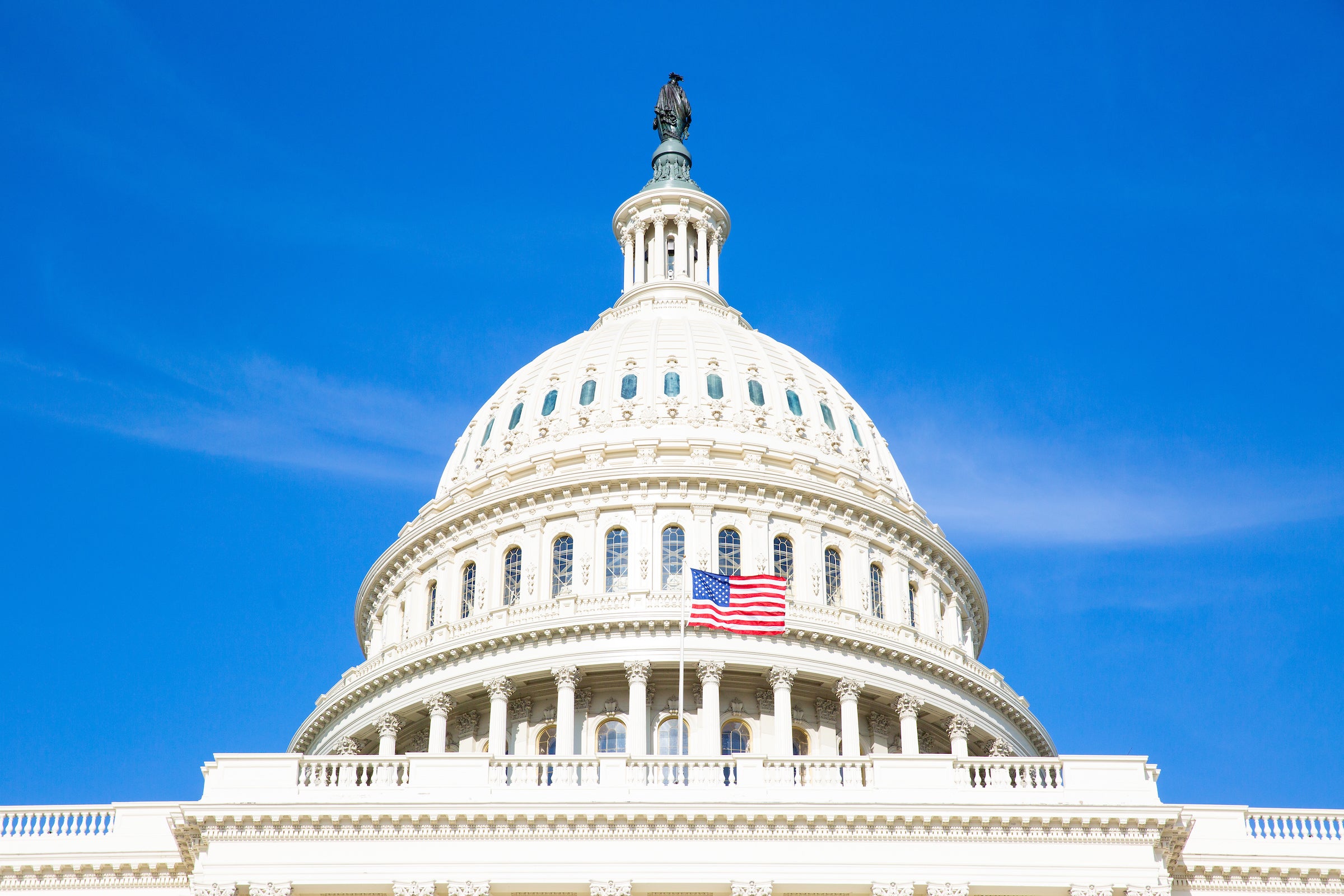U.S. Sanctions and Export Controls Update
Additions and Revisions of Export Restrictions Imposed on Restricted Entities, March 2, 2023
April 4th, 2023
The Bureau of Industry and Security (BIS) amended the Export Administration Regulations (EAR) by adding 37 entities to the Restricted Entity List.
Export Controls and Foreign Travel
Export control laws governing technology used for defense purposes (the International Traffic in Arms Regulations, administered by the Department of State’s Directorate of Defense Trade Controls) and technology that can be used both for defense and civilian purposes (the Export Administration Regulations, administered by the Department of Commerce’s Bureau of Information and Security) have implications both for research conducted in the United States and the activities the University pursues overseas. In addition, sanctions imposed by the United States on other countries may restrict travel to and doing business with certain countries, including Iran, Cuba, North Korea, Russia, and Syria.
Faculty should also be aware of the risks of traveling overseas with sensitive or confidential information on their laptops: such information may be restricted from foreign “export” under the export control laws, and be at greater risk of being “hacked,” stolen, or otherwise compromised. UIS can assist travelers in protecting against such threats to their data while traveling overseas, including by the use of additional encryption, loaner laptops, or other mechanisms.
For additional guidance on IT security while traveling overseas, please review the document entitled Effective Practice: Cybersecurity for the International Traveler, provided by the Research and Education Networks Information Sharing and Analysis Center (REN-ISAC), which serves over 620 member institutions within the higher education and research community by promoting cybersecurity operational protections and response. For more information about these requirements and the University’s procedures for export control compliance and foreign travel, please visit the Office of Research Oversight; questions may be directed to Julia Zipper, Senior Director, or Greg Madison, Export Control Officer at ExportControl@georgetown.edu.
